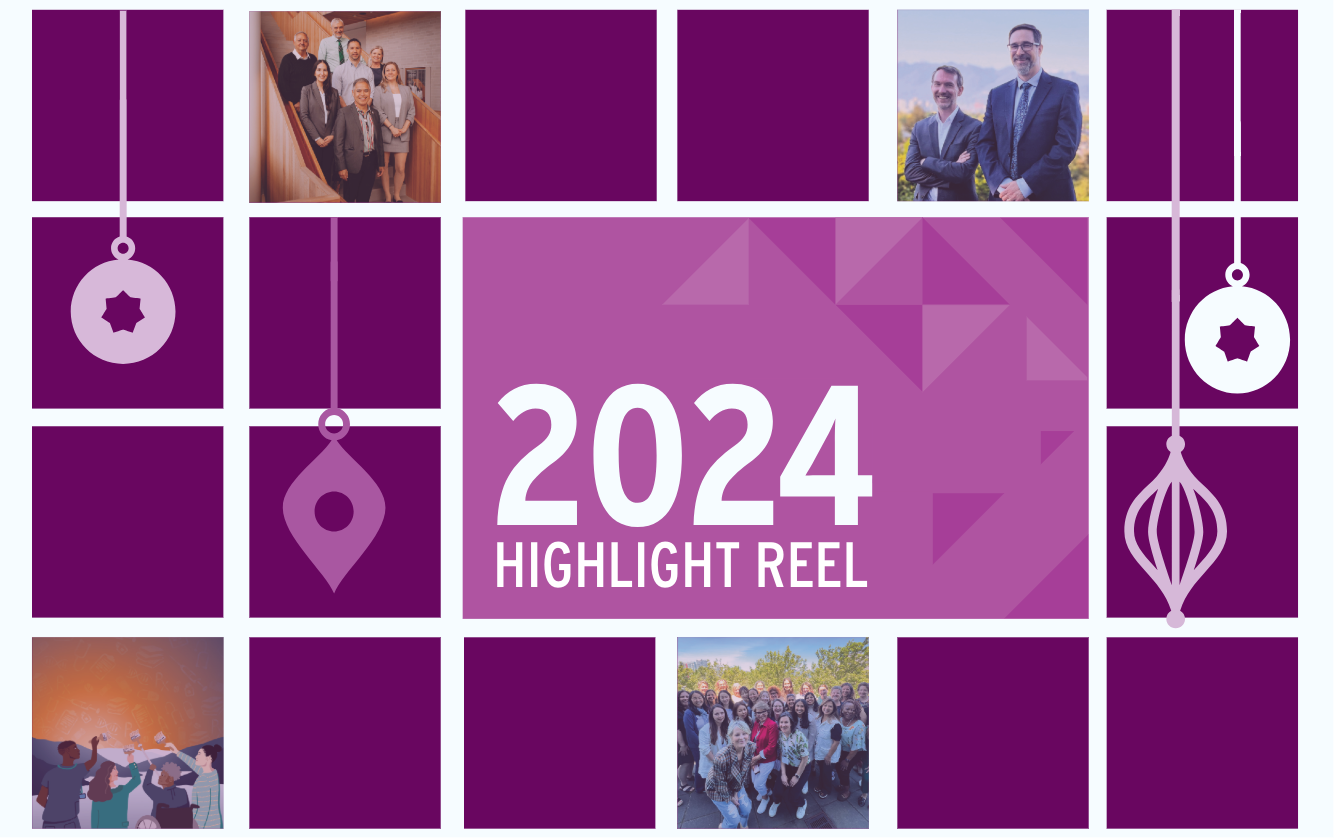MSFHR introduces gender neutral peer review processes to foster equity in BC health research
5 December 2018

As BC’s health research funding agency, with a specific focus on talent development, we think deeply about how to grow, improve and best support BC health research and researchers. We use our Program Learning and Improvement Cycle to track how our programs are performing, and act on those learnings — sometimes even in real-time — to ensure each program continues to realize its desired impact and is responsive to the needs of British Columbia’s health research community.
This process can raise important and challenging questions, for example how to foster equity and diversity in the BC health research community. Gender inequity in health research is a large and complex issue, certainly not something a funding agency can solve alone, but we are considering our role in the system and how we can foster gender equity in our own programs.
One of the components within our control is our peer review process – the cornerstone of MSFHR’s funding programs. We pride ourselves on supporting research that meets the highest scientific standards using our rigorous peer review process, but we know that peer review itself is not infallible. Research tells us that women applying for research grants receive lower scores than male counterparts, and are less successful when assessed as principal investigators compared to when assessed on their science.
Although gender bias is a complex and systemic issue, by introducing a new, gender neutral review process, MSFHR is taking steps to mitigate the effects of this systemic bias in our own peer review process.
To support gender neutral peer review, applications and the CV that MSFHR peer reviewers receive will list only the applicant’s last name (rather than first and last). Application forms that capture information on career interruptions will simply list ‘parental leave’ instead of distinguishing between ‘maternity’ and ‘parental’ leave, and those submitting letters of reference or recommendation will be instructed to use gender neutral language and provided with guidance to support this.
These changes will be implemented immediately across all MSFHR’s 2019 competitions, starting with the 2019 Research Trainee and 2019 Scholar competitions.
In an effort to further prevent or reduce gender bias in peer review, we have also introduced unconscious bias training for reviewers using the CIHR unconscious bias training module. This training will help our peer reviewers identify, and work to overcome, their own unconscious, or implicit, biases.
Read our Forward Thinking blog post on gender equity in health research funding to learn more about the steps MSFHR is taking to foster gender equity in our programs.





